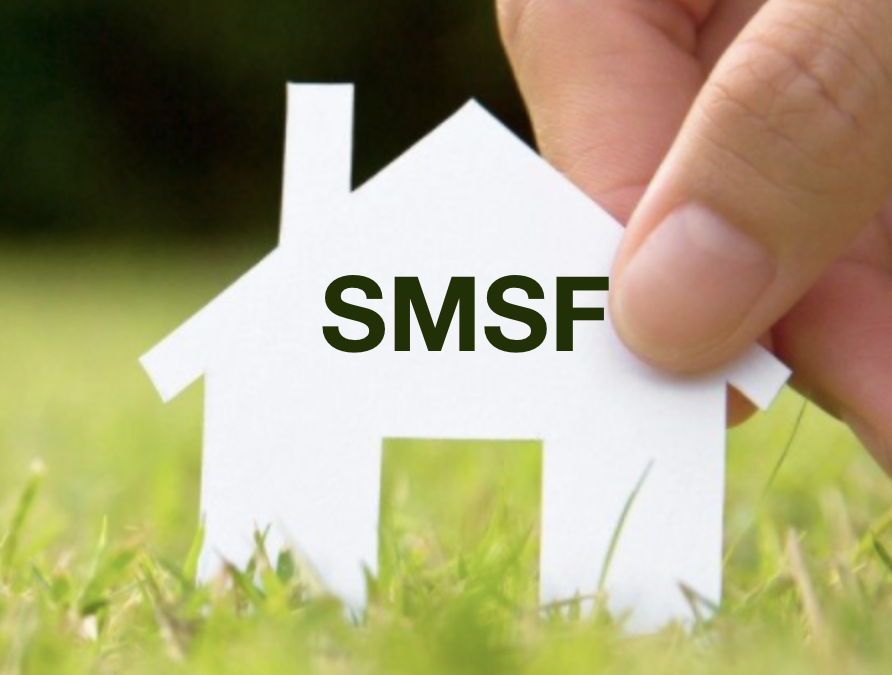

Record capital growth over the past year has further intensified the Australian Taxation Office’s (ATO) focus on SMSFs holding property, making it crucial for SMSF accountants to stay informed.
Here’s a quick guide on what information you must provide to your administrator and auditor to ensure compliance with ATO regulations.
ATO valuation guidelines
The ATO may review the fund’s property valuation as part of its compliance process, and trustees may be asked to provide evidence of their documented valuation methodology. This includes ensuring the property is recorded at market value at year-end, and the valuation has been based on objective and supportable data in preparation for the annual financial statements, tax return and audit.
Why does a property need to be valued?
SMSFs must value all their assets as of 30 June each year at market value to determine the assets supporting members’ accumulation and/or retirement phase accounts. The is particularly important for SMSF accountants to consider because the year-end value of a pension account determines the basis on which the following year’s minimum and maximum pension payments are calculated. In addition, the fund’s market value assets on 30 June establish a member’s total superannuation balance in the SMSF, which impacts their contribution caps for the following financial year.
Understanding Market Value for SMSF Accountants
The ATO defines market value as “the amount a willing buyer of an asset could reasonably be expected to pay to acquire the asset from a willing seller if all the following assumptions were made – the:
- The buyer and the seller dealt with each other at arm’s length concerning the sale;
- The sale occurred after proper marketing of the asset and,
- The buyer and the seller acted knowledgeably and prudentially to the sale.
So how do I provide objective and supportable data?
The ATO has stated explicitly that trustees are not required to obtain an external valuation by a qualified independent valuer of property for the fund’s assets for the purposes of preparing the fund’s accounts and statements.
However, SMSF accountants should consider using a qualified independent valuer if:
- The value of a fund asset represents a significant proportion of the fund’s value; or,
- The nature of the asset indicates that the valuation is likely to be complex or challenging for SMSF accountants
Do I need to obtain a valuation every year?
If you choose to obtain an external valuation for the property, as SMSF accountants, you do not need a valuation done each year. However, you must still consider whether the external valuation can support your yearly asset valuation. For example, if a significant event such as a global pandemic (like Covid-19) or a natural disaster has occurred, this may warrant a new valuation even if the previous one was done within the past 12 months.
Alternatively, should you wish to adopt a trustee’s valuation on the property without an external valuation as the basis, then supportable data should be provided to the administrator and auditor to show how this valuation was determined. This could include:
- The value of similar properties and recent comparable sales results (eg. real estate agent sales appraisal and sales comparison report of properties in the area);
- The amount paid for the property in an arm’s length market, if the purchase was recent and if any recent events have materially affected its value since the purchase;
- Whether the property has undergone improvements since it was last valued, and,
- The ATO believes net income yields are insufficient evidence to determine market value for commercial properties.
If you have any queries in relation to the above, the Kreston Stanley Williamson team is here to assist you. Please don’t hesitate to reach out and contact us before it is too late or expensive to correct
Author – Anna Wong
*Correct as of 3 February 2022
*Disclaimer – this article has been produced by Kreston Stanley Williamson as a service to its clients and associates. The information contained in the article is of general comment only and is not intended to be advice on any particular matter. Before acting on any areas in this article, you must seek specific advice relating to your particular circumstances. Liability is limited by a scheme approved under professional standards legislation.













